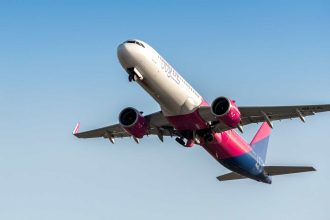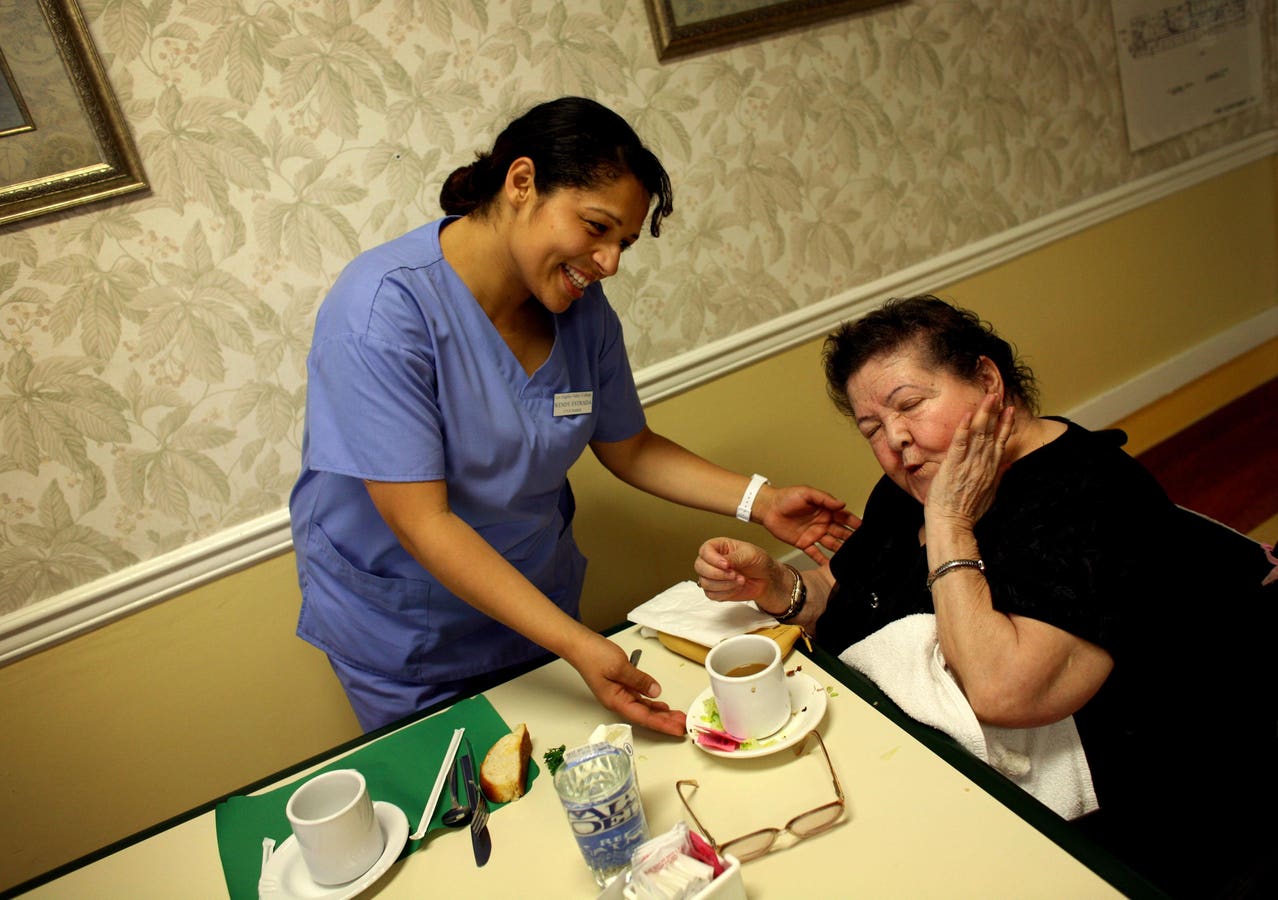For all the false talk about the burdens immigrants put on the US health care system, it is important to remember the other side of the story: Without foreign-born health workers, the US systems for medical and long-term care could, quite literally, collapse.
GOP presidential candidate Donald Trump vows “the largest deportation operation in history” to say nothing of closing the borders to future immigration. But without those born overseas, already severe shortages of medical staff and care workers would become catastrophic. It is no exaggeration to say that, without immigrant health care workers, Americans will die for lack of care.
A First-Hand Look
I recently had my own first-hand view of this staffing reality during an overnight stay at a local hospital. After surgery, I was cared for by nurses and medical technicians, had meals delivered by food service workers, and had my room cleaned by maintenance staff.
The care was excellent. By my count, which might have been a bit off because I was pretty foggy, I received bedside care from 10 people. Fewer than half were American born.
My limited experience was far from unique.
Shortages of Health Care Workers
In 2021, more than 2.7 million health care workers in the US, or more than 18%, were immigrants, according to an analysis by the Migration Policy Institute. That study is generally consistent with other research on immigrant health care workers. See here and here.
MPI estimates that 16% of registered nurses and nearly 14% of medical technicians are immigrants. More than one-quarter of physicians and surgeons are foreign-born.
At a time when the nation is facing a critical shortage of both RNs and primary care doctors, losing even a fraction of these health care workers would be catastrophic.
For example, the US faces a shortage of 68,000 primary care physicians by 2036, many in rural communities, according to the National Center for Health Workforce Analysis. Immigrants are more likely than native-born physicians to work in primary care or in underserved communities.
The country likely will need advance practice nurses to help fill that gap. But there are too few nurses already and that shortfall also is likely to grow. The US faces a shortage of nearly 79,000 RNs today and the Labor Department estimates a need for more than 200,000 new nurses over the next decade.
Long-Term Care
For long-term care and home health care, the numbers of foreign-born workers are even higher. Nearly 40% of home health workers and almost 30% of personal care aides are immigrants.
A study by the Baker Institute at Rice University found that about 18% of nursing home staff are immigrants. Imagine what would happen if nursing homes, already desperately short-staffed, lost nearly one in five of their remaining workers?
In some states, the share of immigrant health care workers is even higher. For example, in California, 37% of RNs are foreign born. In New York State, three-quarters of home care aides are immigrants.
Keep in mind that these data exclude hundreds of thousands of unlicensed, gray market personal care aides. And many of them likely are immigrants as well.
The research and advocacy group PHI predicts that as the US population ages, the US will need 9.3 million new direct care staff by 2031 to replace existing workers and meet the demand for new ones. Nursing homes alone will need nearly 800,000 new aides just to replace those projected to leave their jobs through this decade.
DACA
Immigrant health workers include naturalized citizens, legal permanent residents, temporary workers, those with Temporary Protected Status (TPS) or who are included in the Deferred Action for Childhood Arrivals (DACA) program for young adults who were brought to the US as children by undocumented immigrants.
The American Medical Association estimates that 27,000 health care workers and 200 physicians or medical students depend on DACA to remain in the US. Trump tried to abolish the program in his first term as president and vows to do so again.
Typically, foreign-born health care workers are better educated than their US-born peers. For example, 76% of immigrant RNs have college degrees compared with 67% of those born in the US. About 14.5% of immigrant nursing assistants have college degrees compared with 8% of those born in the US. In many cases, those nursing assistants were trained and licensed as RNs in their home countries but are working as lower-paid aides while they await nursing certification in the US.
You might say that licensed immigrant health care workers are at no risk of being deported. But you’d be wrong. Not only would Trump repeal DACA and curb other visa programs, but even those here legally might be forced to leave. Many have undocumented relatives and if their family members are deported, they may have no choice but to follow.
People have passionate views on both sides of the immigration debate. But remember the cost to American patients and their families if the nation is closed to foreign-born health workers.
Read the full article here





